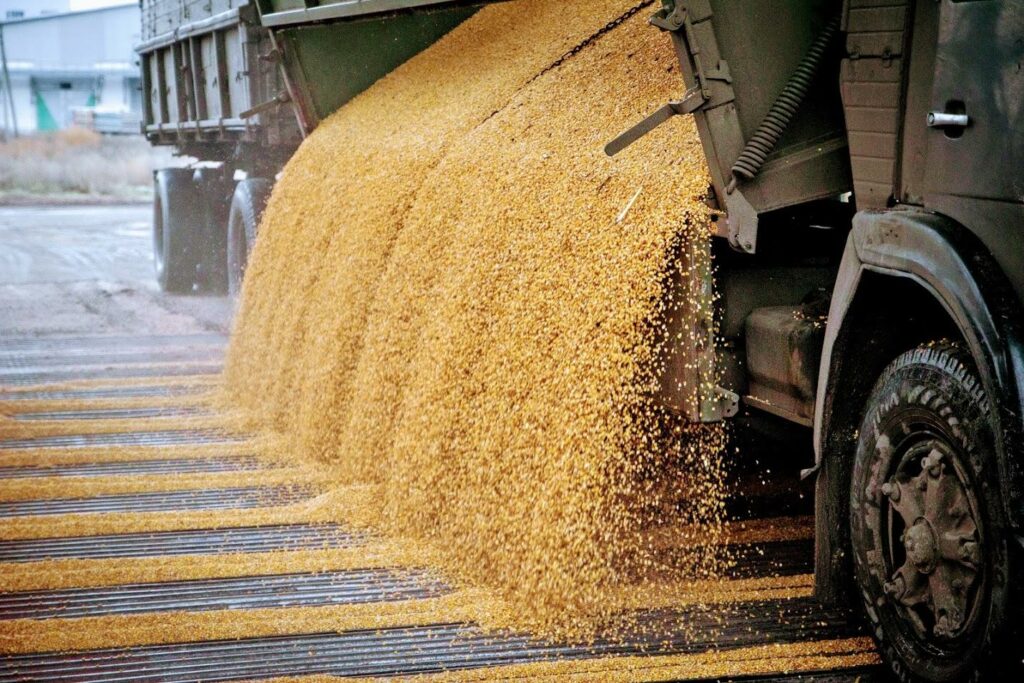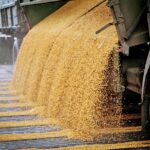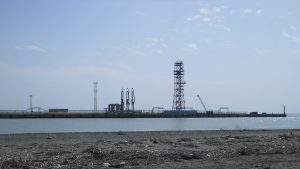Ukraine may lose a billion euros due to new EU restrictions

Ukraine may lose a billion euros within a year from new trade restrictions from the EU.
This was stated by the Deputy Chairman of the All-Ukrainian Agrarian Council Denis Marchuk on Ukrainian Radio.
According to him, this agreement is different from those conditions of liberalization of the export policy, which were in effect during 2023 and should expire after June 5.
“Emergency braking is being introduced – a certain list of products (honey, cereals, corn, poultry, eggs, sugar and a number of other products) that will be calculated according to the principle of general exports, which took place in 2022-23. We will see a significant restriction of the order of products, which last year demonstrated an effective presence and expansion in the territory of the EU,” the expert explained.
Read also: EU will continue duty-free trade with Ukraine under new conditions.
According to his estimates, as a result of the continuation of the liberalization policy, Ukrainian business, processing companies, and producers of goods will lose. And therefore – the funds from which taxes would be paid, which go to Ukraine’s defense capability.
“The Europeans should understand that what they helped in 2022 was help, because the war started in Ukraine, and now it has not disappeared anywhere. Russia continues the war and restrictions will greatly harm the support of our army,” Marchuk emphasized.
The expert noted that together with the adopted norms regarding Ukraine in the context of “emergency braking”, customs duties will also be adopted – the products of the group’s grain line will be taxed. And this is one of the demands that Ukraine violated during the negotiations.
“Because when we told the Europeans that you are now saying that there is some sort of export of products, that these products lead to non-competitiveness of the European farmer from the third countries of the world, it is strange why you pay attention first of all to Ukraine, but in no way pay attention to attention to Russian products,” said the deputy chairman of the All-Ukrainian Agrarian Council.
He emphasized that in the context of these changes, customs duties on Russian and Belarusian products will be provided.
“Let’s hope that this will partially remove the issue of tension that exists today among Polish farmers, who raise issues all the time. And in this way, we will see that, perhaps, even for some categories of products, this critical inhibition will not be applied to Ukraine,” added Denys Marchuk.
In his opinion, the issue of transit of goods is one of the most difficult in the negotiations between Ukraine and Poland.
“Poland understands that by blocking transit, it hinders EU trade with Ukraine and in fact violates a very significant number of legal points and may be liable for this in the form of certain fines. Therefore, they insist that Ukraine independently limit a certain type of production. Further, these talks were continued on April 5 in Lithuania, and we thank our Lithuanian colleagues who supported the appeal and organized a tripartite working group Ukraine-Poland-Lithuania, where quite important things related to the strengthening of sanctions against Russia were also adopted. noted the expert.
The next meeting is expected in mid-April, during which the issue of blocking at customs points with Poland will be the subject of negotiations.
It will be recalled that the EU limited the import of Russian grain as a compromise in the agreement with Ukraine.





